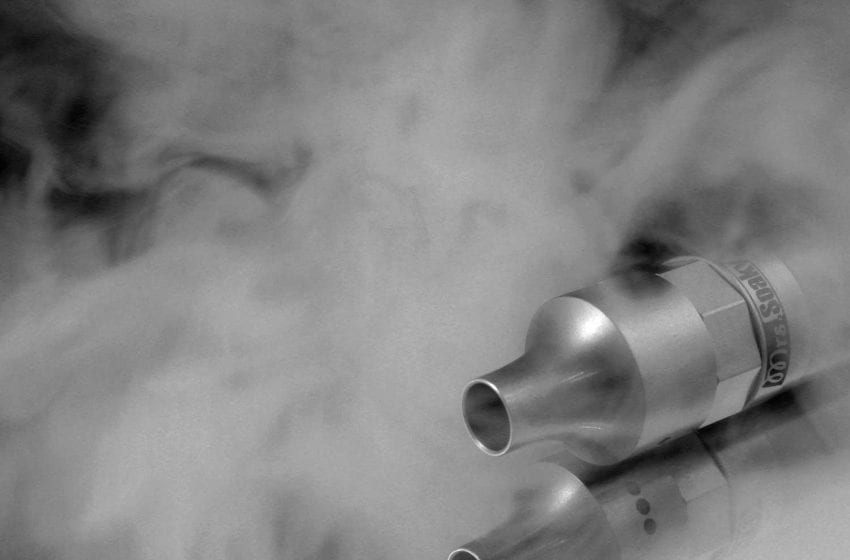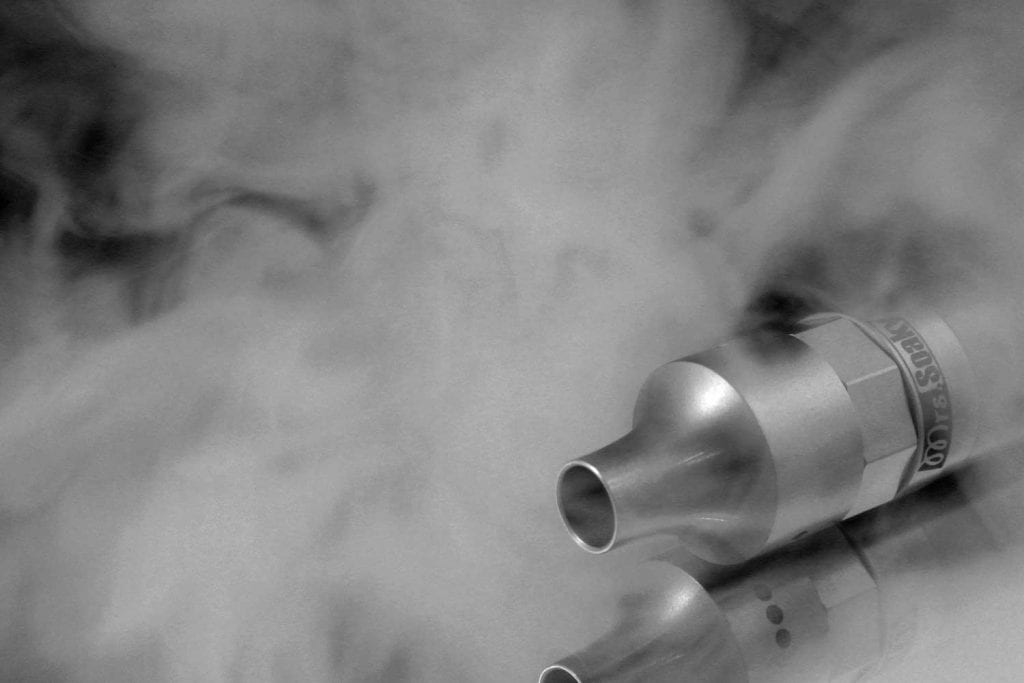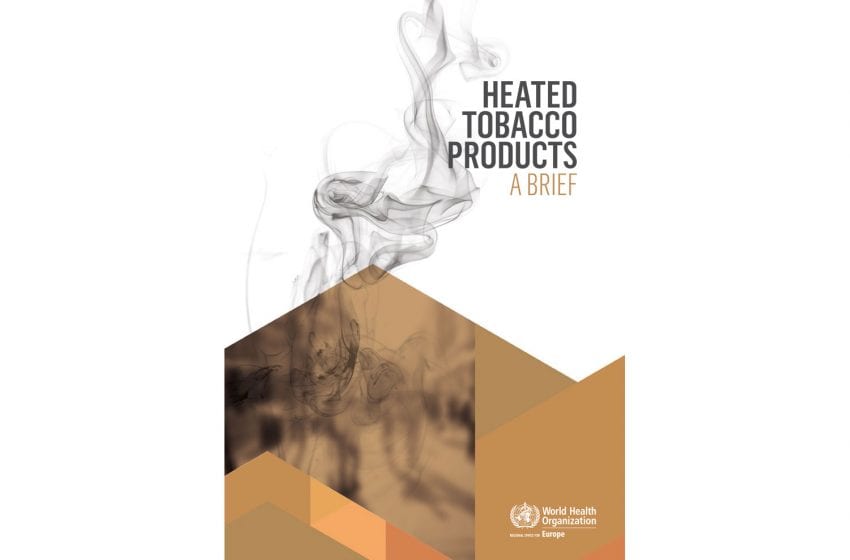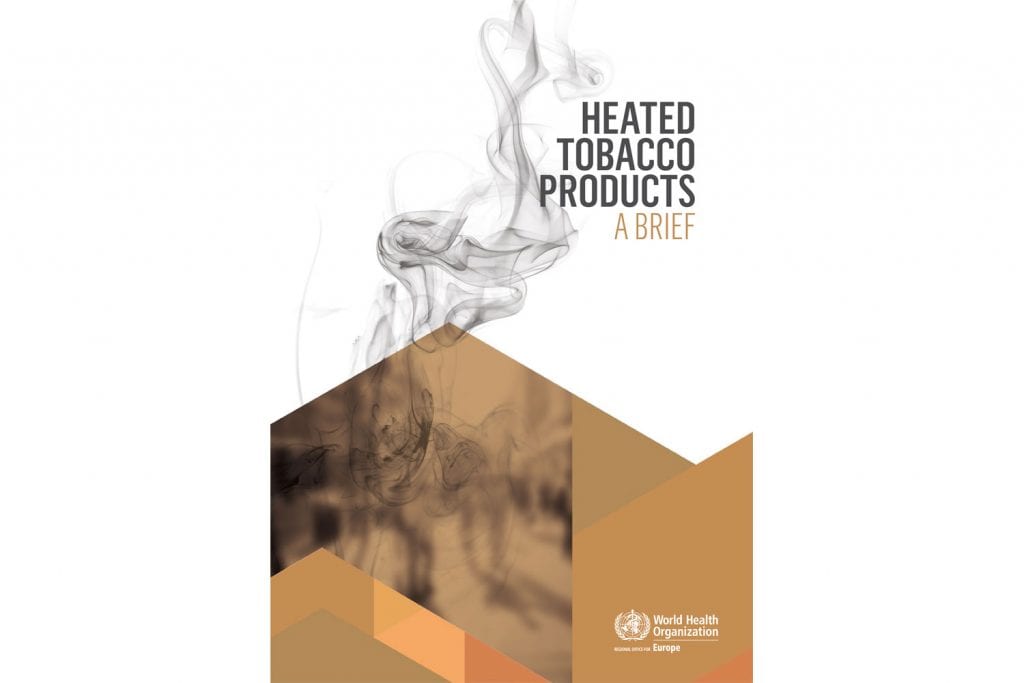
The United Arab Emirates Federal Tax Authority (FTA) has postponed the starting date of its requirement for waterpipe tobacco and electrically heated cigarettes to carry digital tax stamps until Jan. 1, 2021, reports Gulf News.
The measure, which seeks to discourage commercial fraud, minimize health risks and combat tax evasion, had previously been scheduled to come into effect on June 1, 2020.
The FTA explained that the deadline was extended to address the challenges posed by the coronavirus pandemic, which is preventing producers, importers, distributors and stockpilers from meeting the previously set deadline.
“This extension on the timeline provides them with seven additional months to prepare for the mandatory implementation of the ban,” said FTA Director General Khaled Ali Al Bustani.
“It also comes in response to the concerns expressed by stakeholders in the tobacco sector and their requests for such an extension that would allow them to sort out any issues resulting from the current difficult circumstances and the necessary precautionary measures that were enforced to prevent the spread of the novel coronavirus.”
Emirati authorities have implemented strict precautionary measures to curb the spread of Covid-19, including temporarily closing cafes and restaurants and banning them from serving waterpipes.



















